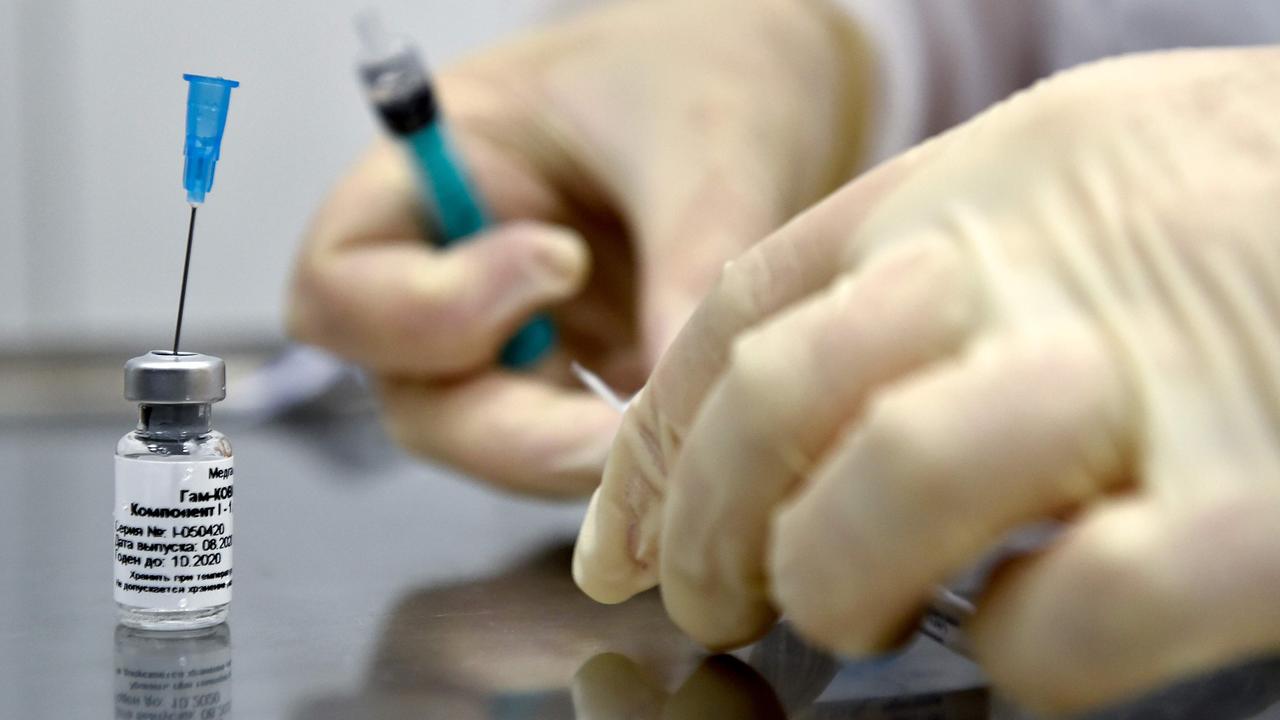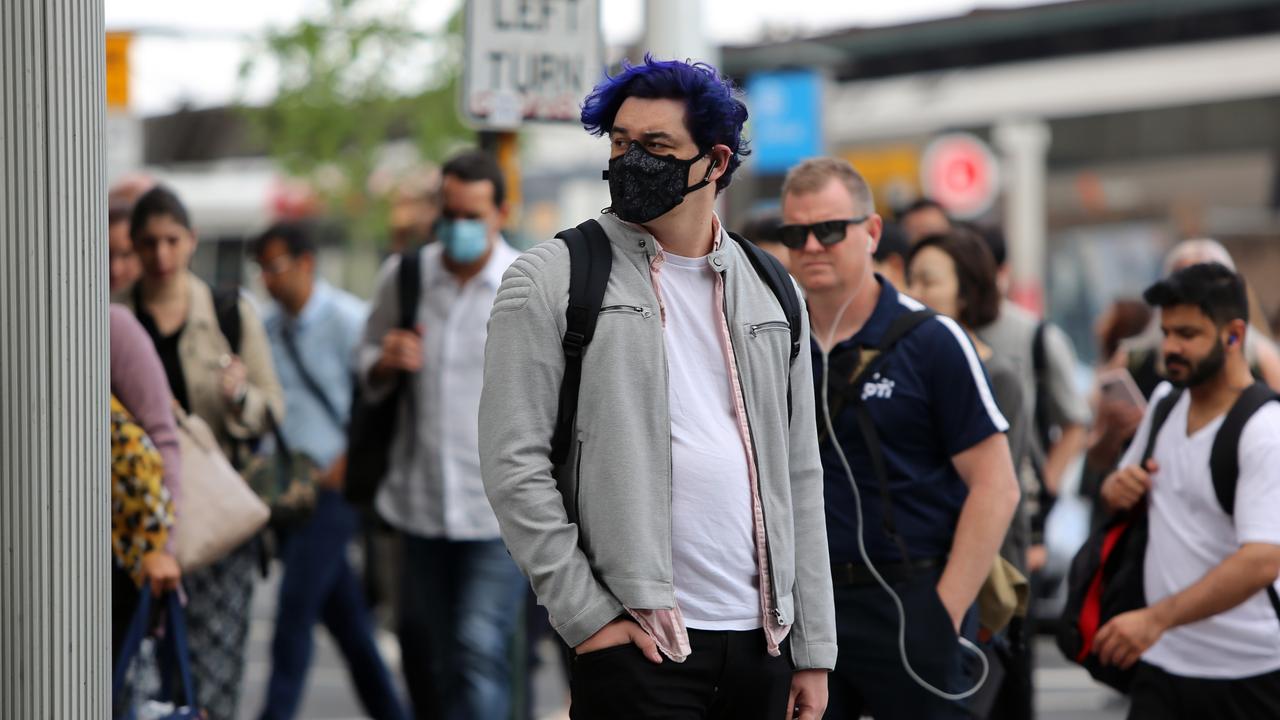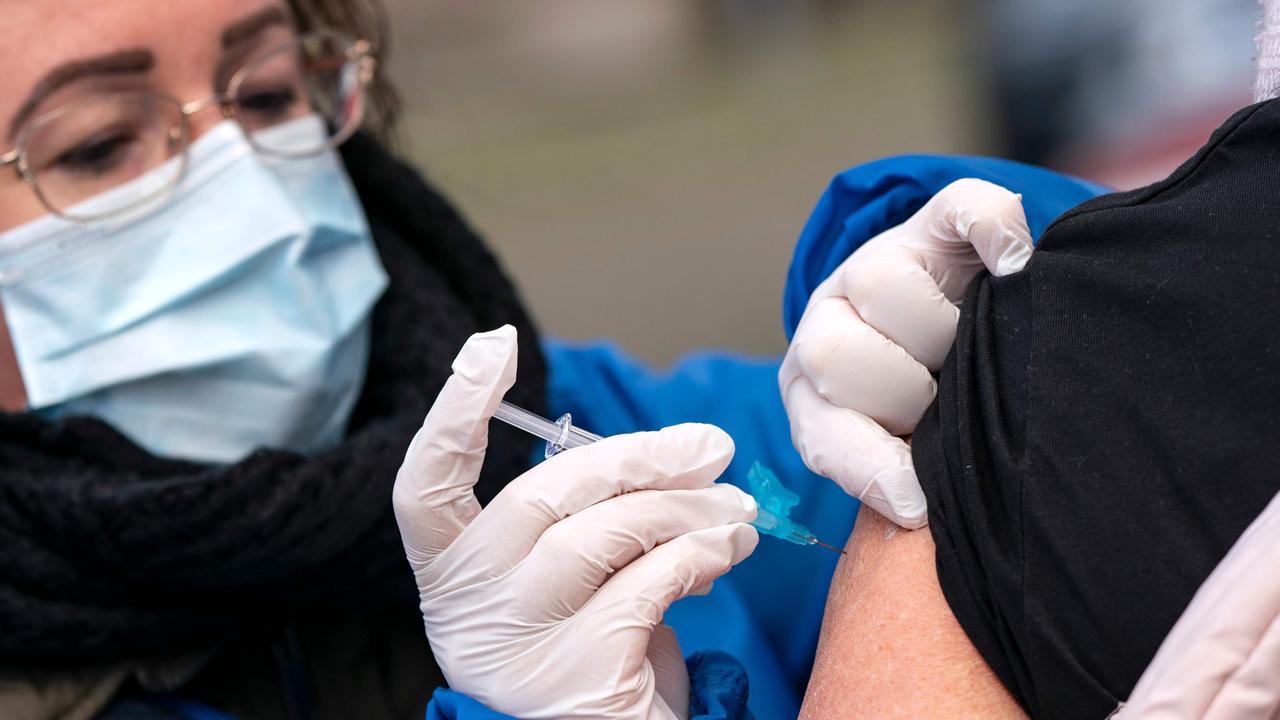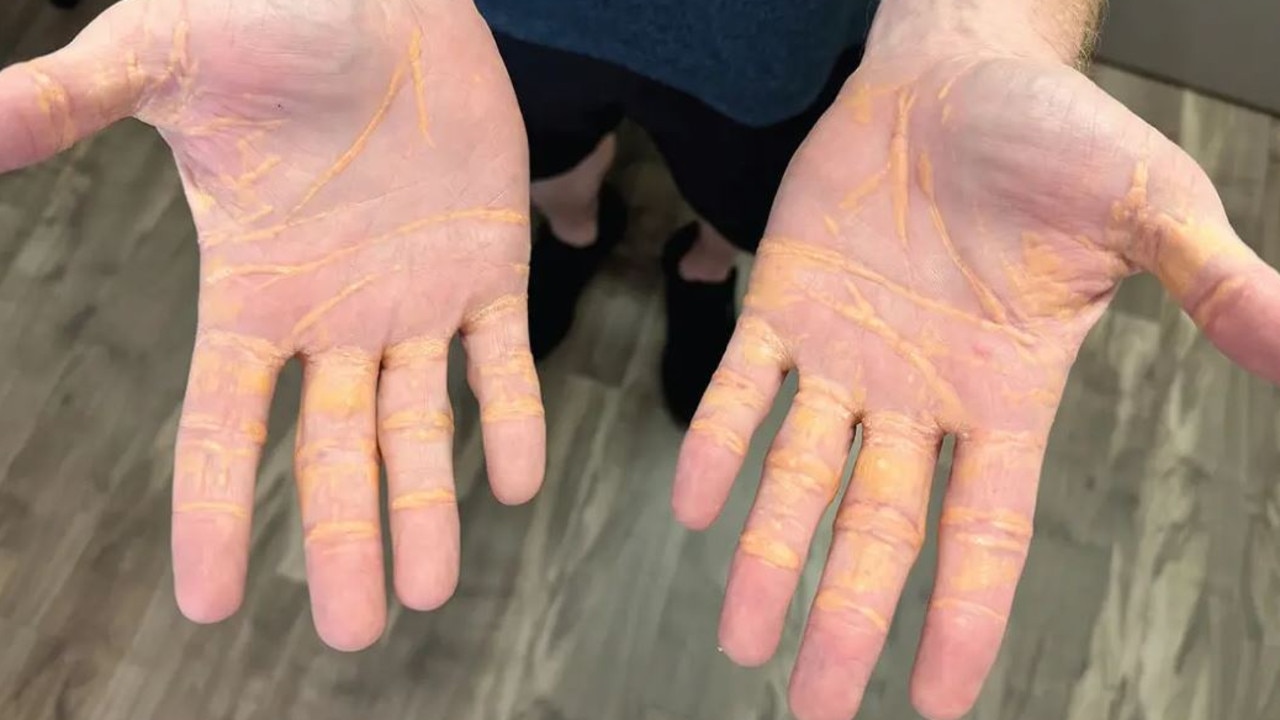Australian coronavirus expert debunks biggest COVID-19 vaccination myth
It’s one of the biggest arguments against the pending coronavirus vaccine – but an Aussie medical expert has just torn it to shreds.

The world held its collective breath as scientists rushed to find a COVID-19 vaccine – but now that one is set to be rolled out imminently, one major hurdle remains.
Health Minister Greg Hunt has announced the first doses of the Oxford-AstraZeneca vaccine will be distributed to healthcare workers and elderly Aussies by March 2021.
And over in the US things are even speedier, with Centers for Disease Control and Prevention director Robert Redfield telling Fox News a vaccine would likely be available in the US in mid-December.
But while it seems like an incredible public health breakthrough that ought to be celebrated, there has been a groundswell of doubt about the safety of the jab among the general public – including those who have always been pro-vaccination.
RELATED: Has coronavirus made you nervous about travelling? Have your say

Many sceptics are concerned about the speed in which the vaccine has been developed compared with the usual timeline we’ve come to expect, with some so fearful safety has been compromised in the rush that they are vowing to boycott it altogether.
But Professor Jamie Triccas, head of infectious diseases and immunology at the University of Sydney, told news.com.au there were a string of rational reasons explaining why it has happened so quickly.
He insisted that any vaccine that arrived in Australia would be safe – and cleared up some of the biggest misconceptions that still exist.
‘UNPRECEDENTED’ INVESTMENT
The first and most obvious explanation for the speed of the jab has been the mind-blowing scale of investment.
Researchers typically spend years wrangling grants to develop and test potential vaccines, but given the global impact of COVID-19, the world has been uncharacteristically united in the fight against it, with billions of dollars earmarked for the cause.
That has meant scientists have been able to take several steps at the same time – which has sped up the whole process.
“In terms of the development of vaccines, there haven’t been any shortcuts,” Prof Triccas insisted.
“The big difference between COVID and other vaccines developed in the past is that clearly the impact has been so great and so widespread the investment has been unprecedented.
“Things have been able to be done in parallel without compromising safety that could never normally be done simply because of cost.”
For example, Prof Triccas said the main contenders, including the Moderna and Pfizer vaccinations, were able to be manufactured in advance before effectiveness was confirmed.
While it was a financial risk, the gamble meant that once the vaccinations passed a “robust” efficacy trial, they were ready to be rolled out at once.
“A lot of the cost has been borne by governments and not necessarily the companies themselves, and … it has been done in an extremely compressed time frame as things were done in parallel,” he said.
Under normal circumstances, Prof Triccas said researchers working on a potential vaccine would develop and test it in a laboratory setting and then apply for additional funding before taking the next steps of manufacturing and testing in humans.
Testing larger populations would require “very large investments” which meant university researchers would have to partner with large pharmaceutical companies which would first determine whether the vaccine would be profitable enough to add to their portfolio.
“It would take many, many years to get through that process and secure a significant amount of funding to determine if that vaccine works,” Prof Triccas said.
In a nutshell, because so much money was thrown at coronavirus research from the get go, it shaved years off the process.
“For example in the UK when they were testing the Oxford vaccine, they organised all the trial sites in a matter of weeks – normally, it would take a year, but everything was just accelerated because people were engaged and committed to making it happen,” Prof Triccas said.
EXISTING TECHNOLOGY
Another reason for the vaccine’s speed was the fact that researchers weren’t starting from scratch this time.
COVID-19 is part of the coronavirus family of viruses which include SARS which emerged in the early noughties and the MERS outbreak in 2012.
That meant there was already a degree of existing knowledge and technology, and while researchers didn’t have “all the tools” to fight COVID-19 immediately, it did give them a bit of a head start.
RELATED: Premier warns of ‘catastrophic’ outbreak

‘MILLIONS OF DOSES READY’
Yet another explanation for the vaccine speed is that there are already millions of doses ready to go as soon as approvals are granted, as a result of that mammoth investment mentioned earlier.
Normally, it would happen the other way around, making the process much slower.
“For an idea of the scale, there will be potentially billions of doses next year and that just comes down to investment, which has allowed such a large supply to be manufactured in such a short period of time,” Prof Triccas said.
MULTIPLE OPTIONS
Finally, the vaccine will also be rolled out quickly because there will ultimately be multiple different vaccines on the table – a situation Prof Triccas said was “completely unprecedented”.
While certain illnesses such as influenza do have different vaccination options, Prof Triccas said it was unheard of to have so many available all at once.
“It will mean a tremendous improvement in the ability to provide the vaccine worldwide,” he said. “I would guess that by the beginning of next year there might be six or seven vaccinations that are showing good effectiveness.”
THE LUCKY COUNTRY
For those who are still concerned about getting the jab, Prof Triccas said Australia was in the enviable position of not being first in line, which meant there would be more time to keep an eye on how the roll out was working in other nations.
He said the fact the AstraZeneca vaccine trial was halted in September immediately after a participant had a potential adverse reaction proved safety was the chief concern.
While Prof Triccas said he understood why the vaccine might appear to be rushed to those outside the industry, he stressed again that no shortcuts had been taken.
“There is a bit of hesitation because it’s all happened so quickly – the pandemic hit us and nine months down the track we’ve got a vaccine, which seems pretty fast,” he said.
“But what we’ve seen so far is that there’s nothing to fear.
RELATED: Cough that plunged state into lockdown

“The reality is that everyone will have to take it because unless we do, we’ll never get it under control – it’s a relentless pathogen and it just needs a very small foothold before it explodes like wildfire. You do not want to get infected by this virus and take risks.”
‘CATCH 22’
As far as Prof Triccas is concerned, there’s only one mild issue with the looming vaccination – the fact that we still don’t know just how long it will protect us for.
“It’s a catch-22 because you’ll never know until you start using them,” he said.
However, he said the risk of not doing anything was “enormous” in comparison and that anything that could stop the virus in its tracks was worth it.




